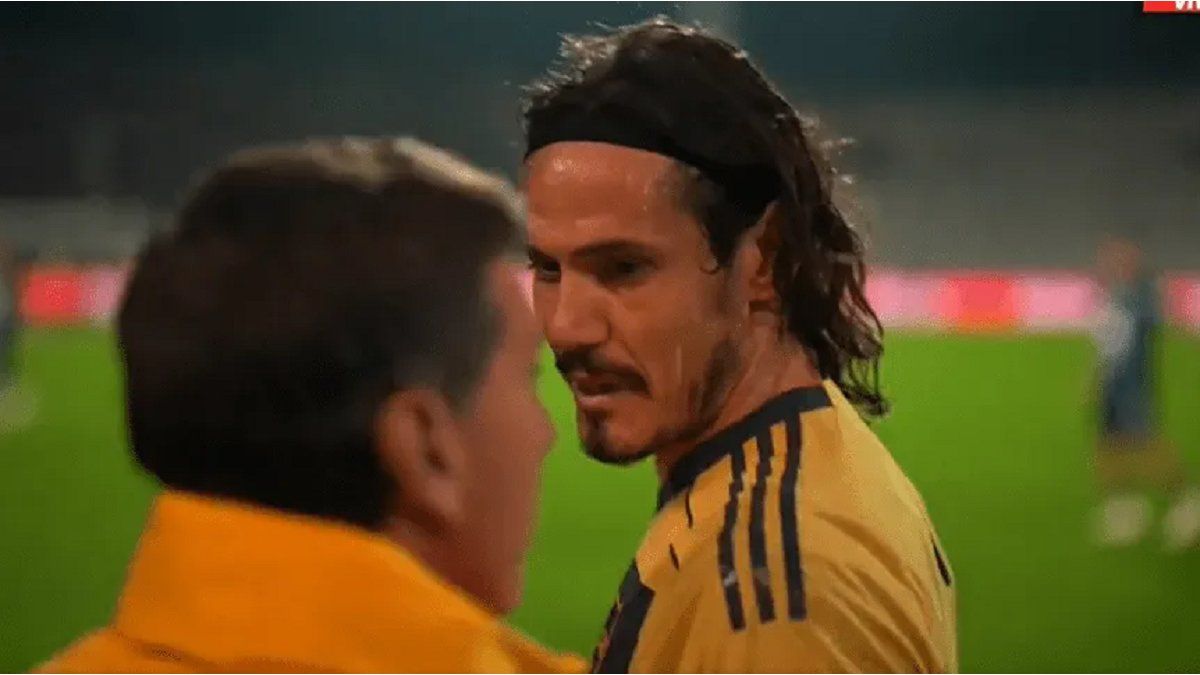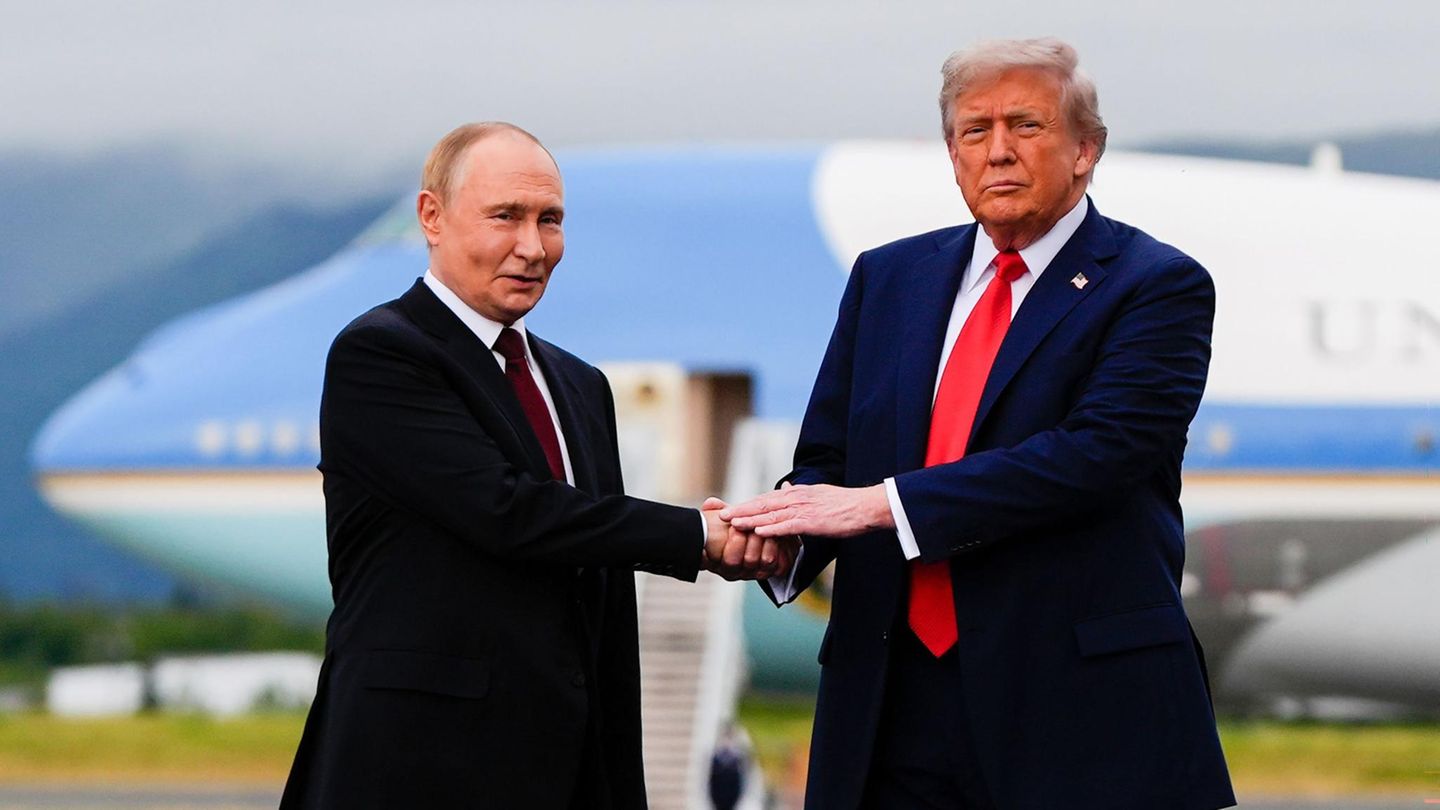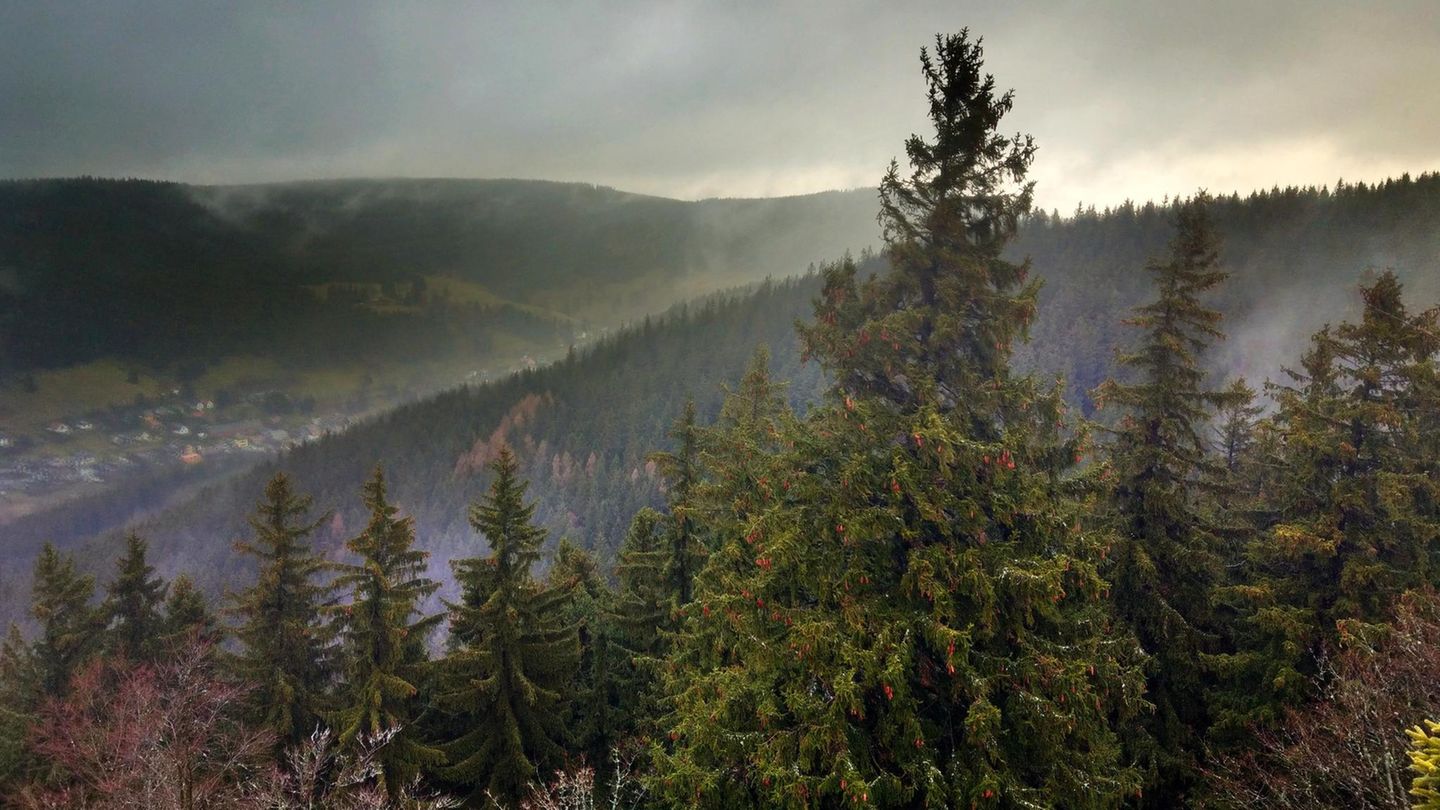I have been working in the news industry for over 6 years, first as a reporter and now as an editor. I have covered politics extensively, and my work has appeared in major newspapers and online news outlets around the world. In addition to my writing, I also contribute regularly to 24 Hours World.
Menu
Thuringia – a country between AfD, agony and absurdistan
Categories
Most Read
Gaza peace deal: This is how Europe can regain its influence
October 16, 2025
No Comments
Donald Trump receives Zelensky – but first calls Putin
October 16, 2025
No Comments
Friedrich Merz and the cityscape: A sentence that will hunt him
October 16, 2025
No Comments
Defense: Compromise tones at the first military service consultation in the Bundestag
October 16, 2025
No Comments
Donald Trump wants to have a triumphal arch built in Washington
October 16, 2025
No Comments
Latest Posts

Edison Cavani, out again in Boca: what does he have and when would he play again?
October 16, 2025
No Comments
October 16, 2025 – 16:20 The Uruguayan striker did not respond well to the demands of training this morning and will not be among those

Donald Trump announces meeting with Vladimir Putin in Budapest
October 16, 2025
No Comments
IvanI have been working in the news industry for over 6 years, first as a reporter and now as an editor. I have covered politics

Asbestos in baby powder? Billion dollar lawsuit against Johnson & Johnson
October 16, 2025
No Comments
AngelicaI am an author and journalist who has written for 24 Hours World. I specialize in covering the economy and write about topics such as
24 Hours Worlds is a comprehensive source of instant world current affairs, offering up-to-the-minute coverage of breaking news and events from around the globe. With a team of experienced journalists and experts on hand 24/7.

